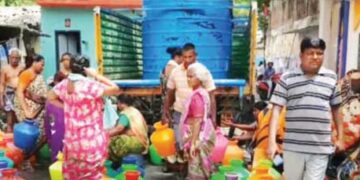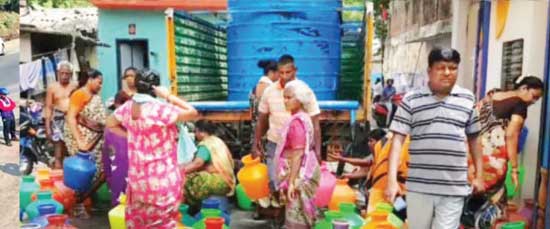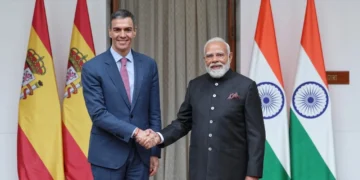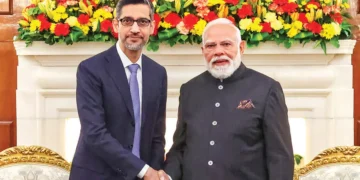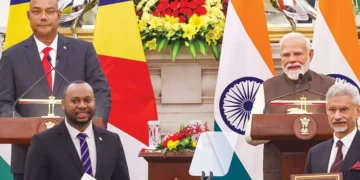Team Blitz India
NEW DELHI: The World Bank’s Board of Executive Directors has approved an initiative aimed at strengthening urban water and sewerage systems for approximately 2 million people in Tamil Nadu.
According to the World Bank, the newly approved $ 300 million Tamil Nadu Climate Resilient Urban Development Program is set to enhance access to quality water and sewerage services, promoting climate-resilient cities in the face of escalating climate shocks such as floods and droughts.
The program will target 21 urban local bodies (ULBs), upgrading their delivery systems to ensure efficient water supply and sewerage services.
Tamil Nadu, one of India’s most urbanised states, is grappling with the impacts of climate change, making access to essential services like water and sanitation paramount for building resilient urban centres.
Auguste Tano Kouame, the World Bank’s Country Director for India, highlighted the significance of bolstering urban infrastructure in the wake of India’s urbanisation trend.
Kouame said, “By 2030, almost 70 per cent of India’s new jobs will be generated in cities and more than 18 million people will move to cities. As centres of economic growth, it is critical to strengthen their ability to cope with the impacts of climate change and ensure continuity in basic service delivery.”
The program goes beyond addressing immediate water and sewerage needs; it also focuses on creating green spaces and parks within designated areas, contributing to enhanced urban living conditions.
“This program aims to leverage the private sector by introducing performance-based contracts. In addition, it will issue municipal bonds and support urban governance reforms to improve the fiscal health of ULBs and secure the future needs of the urban population. Communities, especially women, will also play a key role in designing and supporting effective climate action plans for cities”, said Raghu Kesavan, Mansha Chen, and Lilian Pena P. Weiss, the Task Team Leaders for the project.
The financing structure for the program involves a $ 300 million loan from the International Bank of Reconstruction and Development (IBRD), utilizing the blended financing instrument of Program-for-Results (PforR) with Investment Project Financing (IPF).
